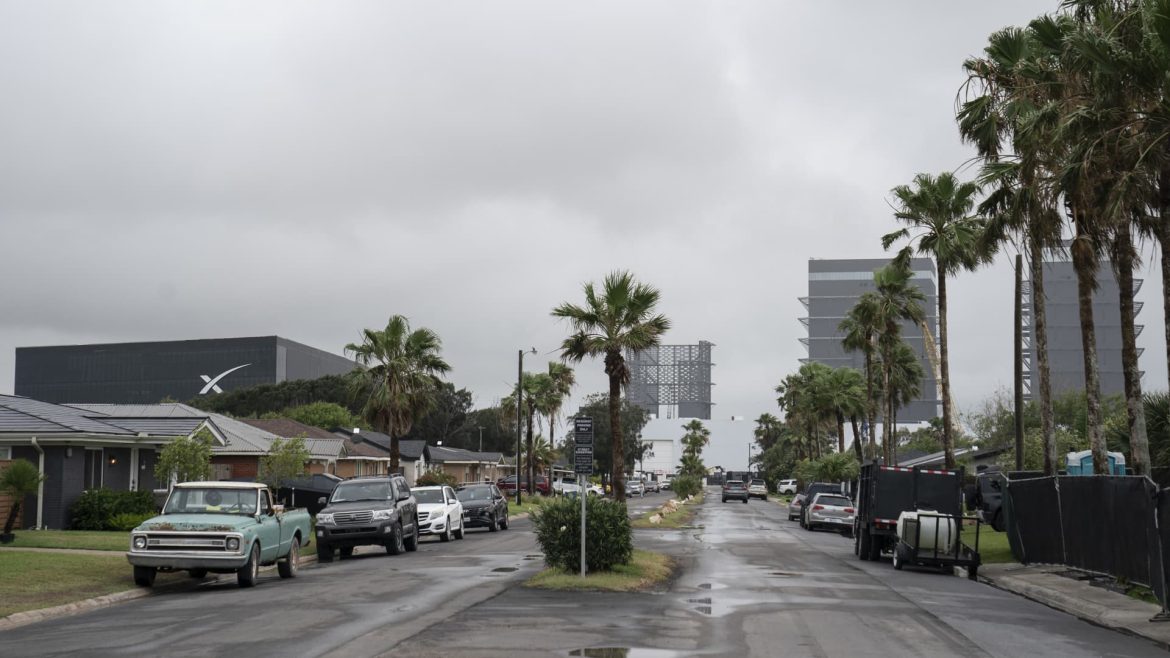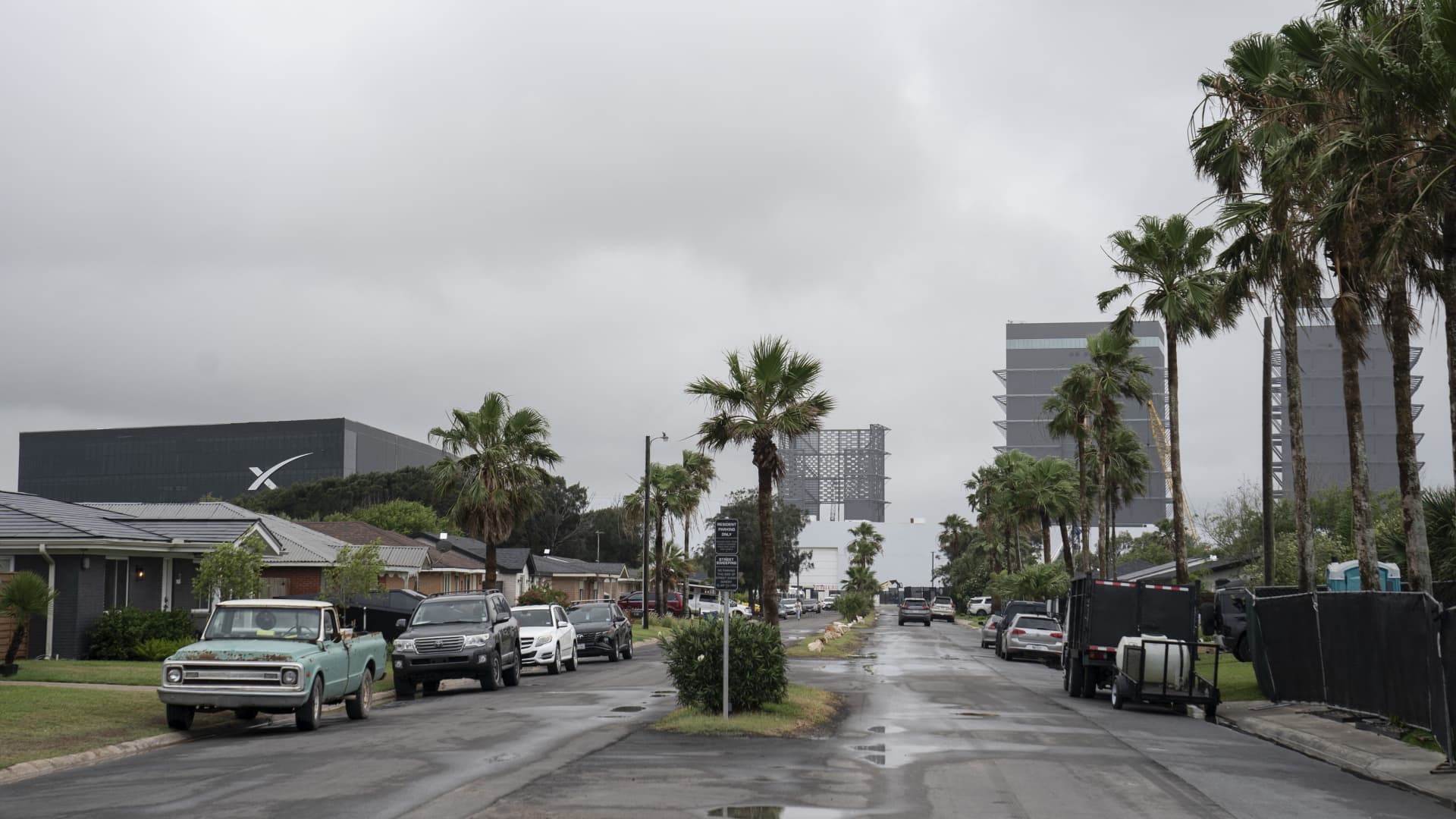The Emergence of Starbase: Elon Musk’s SpaceX Town in Texas
Elon Musk’s vision of a company-centric town in Texas has materialized in the form of Starbase, a newly incorporated city centered around the SpaceX launch and testing complex near Boca Chica, South Texas. This development marks a significant experiment in corporate-led urbanization, community governance, and local economic transformation. However, the transition has sparked a complex mix of enthusiasm, controversy, legal concerns, and social upheaval among residents and observers.
—
Background and Formation of Starbase
Starbase covers approximately 1.6 square miles near the Gulf Coast, close to the U.S.-Mexico border. The region was once a sparsely populated area, with Boca Chica Village—home to roughly 35 houses before SpaceX’s involvement—being the primary settled area. Since around 2015, SpaceX began acquiring land in the region to expand its Starship rocket development and launch facilities.
Recently, in early May 2025, a critical vote brought Starbase into official city status. This incorporation was overwhelmingly supported by residents, most of whom are SpaceX employees. The city’s leadership reflects this demographic, with key positions filled by individuals linked to the company, effectively aligning Starbase’s municipal governance closely with SpaceX’s operational interests. This creation of a company town echoes historical precedents but in a modern, high-tech context.
—
Corporate Control and Resident Concerns
Despite the excitement among SpaceX supporters about the potential for economic development and technological innovation, the incorporation has brought mounting concerns for long-term residents and outside observers.
Property Use and Zoning Changes
Notably, Starbase’s municipal government has issued warnings to existing residents that they “may lose the right to continue using” their properties under new zoning ordinances and a city-wide land-use map currently being considered. This language hints at restrictions or even forced relocations, stirring fears of displacement among original homeowners not employed by SpaceX.
Corporate Governance and Democratic Implications
The voting population skewed heavily toward SpaceX employees, raising questions about democratic representation and governance for non-employees in the region. With SpaceX insiders controlling city government, critics worry about potential conflicts of interest, favoritism, and prioritization of corporate goals over public welfare. Local voices outside the company have expressed concern that Starbase’s governance model resembles a company town, reducing the autonomy and rights of non-affiliated citizens.
Public Access and Environmental Issues
Access to public lands and the nearby Boca Chica Beach has become another flashpoint. Elon Musk has reportedly requested the authority to control and close off public beach areas on SpaceX’s schedule, which alarms environmental groups, local residents, and recreational users. The beach has cultural, recreational, and spiritual significance, including to indigenous Carrizo/Comecrudo tribal members.
Environmental activists have raised alarms about Starbase’s impact on local wildlife and ecosystems. The site sits adjacent to several protected habitats hosting turtles, migratory birds, and other species. The expansion of the industrial launch site, coupled with planned wastewater discharge permits and increased human activity, threatens the region’s ecological balance.
—
Economic Promise vs. Community Displacement
On the positive side, SpaceX and Starbase supporters emphasize the economic opportunities created by the company’s presence. Musk’s ventures have brought jobs, investment, and heightened global attention to South Texas, potentially revitalizing an economically challenged region with high unemployment rates.
Comparison to historical planned towns like Clear Lake, Texas (developed around NASA), situates Starbase within a tradition of space-industry company-centric communities providing housing and infrastructure for workers in innovative sectors.
However, these economic benefits come with trade-offs. Longtime residents fear rising property prices, loss of cultural heritage, and exclusion from decision-making processes. The neighborhood of Boca Chica Village that once retained its identity is being absorbed into the corporate ambit of SpaceX. Complaints of “bullying out” homeowners and pressure to sell land underpin a narrative of rapid gentrification and corporate encroachment.
—
The Broader Context and Future Implications
Starbase is more than a local curiosity—it could become a prototype for Elon Musk’s future plans to create “company towns” that blend municipal governance and corporate interests. Skeptics see Musk’s moves as attempts to exert excessive control over public spaces, local regulations, and regional economies.
Given Musk’s ambitions and political influence, the Starbase experiment might establish precedents on:
– How private enterprise can manage city services and infrastructure
– The balance of powers between corporate-controlled municipalities and state oversight
– Public access rights versus corporate operational security
– Environmental stewardship amidst rapid industrial expansion
For other regions considering similar arrangements, Starbase offers lessons on the delicate balance between innovation-driven growth and protecting existing communities’ rights and environments.
—
Conclusion: Starbase as a Microcosm of Corporate Ambition and Community Resilience
Starbase, Texas, embodies the tensions and potential in blending cutting-edge technological enterprise with local governance. While Musk’s SpaceX has injected new life into a quiet coastal area with ambitions of space industry dominance, the city’s formation raises critical questions about property rights, democratic representation, and environmental conservation.
The fate of Starbase’s longtime residents, many uneasy about losing property usage and facing new restrictions, underscores how rapid corporate urbanization can disrupt established communities. At the same time, Starbase’s journey could illuminate pathways for futuristic, company-driven urban models that both innovate and include.
As Starbase moves forward, its story will reveal much about the evolving relationship between private enterprise and public life in 21st-century America. It remains an open question whether Starbase will thrive as a balanced, inclusive community or become a cautionary tale of corporate dominance at the expense of local identity and freedom.





